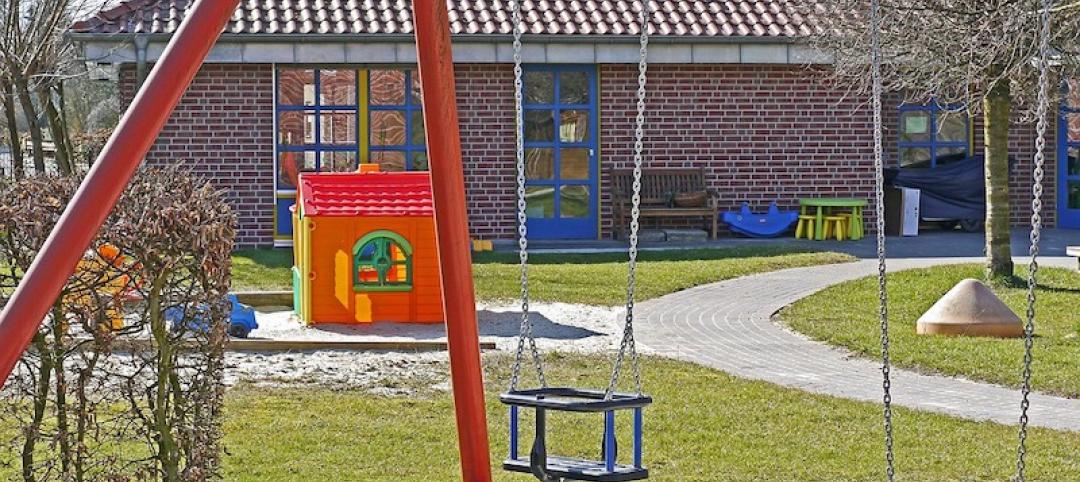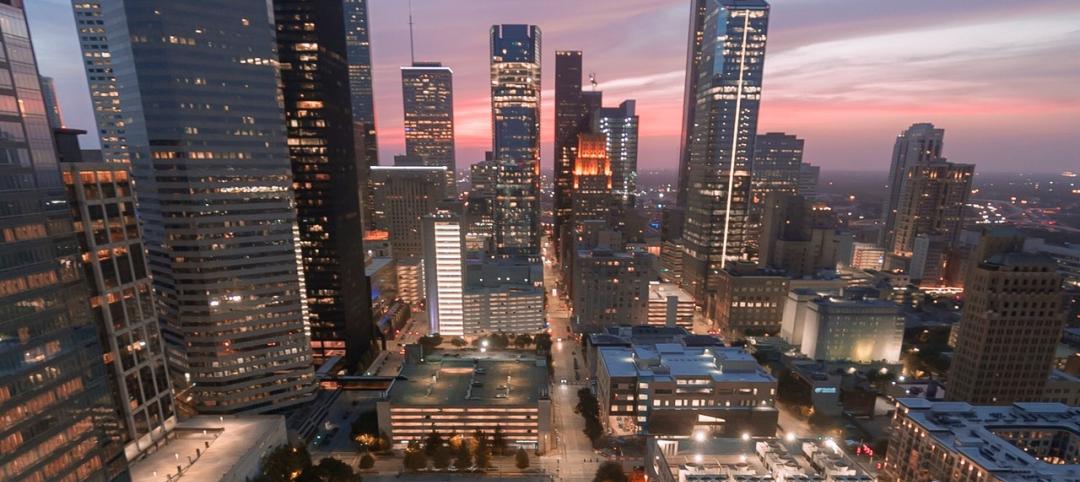Generating public support for climate action may require more extensive education about the health and economic benefits, according to a report from the U.S. Green Building Council.
The report, “Standard Issue Volume II,” surveyed 1,850 adults across the U.S., and found that while most people believe environmental problems are important, they do not believe the issues are significant enough to make action a priority. The report also discusses steps that could mobilize more public support and provides tools to help motivate people to get involved.
Respondents were asked to rate how important environmental problems were to them, and 82% said that they believe environmental problems are very or somewhat important, an increase of eight percentage points in the six months since USGBC began conducting the research. However, the report found that of those, only 49% believe that environmental problems are very important, while 33% say they are somewhat important.
Just over 60% said they were most passionate about protecting the health of their family and friends. Yet, 39% of respondents said they have never considered or don’t know the impact buildings have on the environment and their health.
Related Stories
Codes and Standards | May 14, 2019
Database records more than 1,360 K-12 school shooting incidents since 1970
Naval Postgraduate School program maps locations nationwide.
Codes and Standards | May 13, 2019
In many cities, downtown housing comes with a hefty premium
Urban core living costs hundreds of thousands more in largest U.S. cities.
Codes and Standards | May 7, 2019
San Francisco plan would require largest commercial buildings to use 100% renewable electricity
First in the U.S. mandate would be phased in from 2022 to 2030.
Codes and Standards | May 7, 2019
ABC says best practices can improve construction companies’ safety by 680%
Daily ‘toolbox safety talks’ were most effective safety measures.
Codes and Standards | May 7, 2019
Office noise significantly reducing employee concentration, productivity, and creativity
Workplace distractions cause some to choose to work remotely.
Codes and Standards | May 7, 2019
WSP USA says it will be carbon neutral in 2019
Engineering firm will offset carbon at all offices and with employee business travel.
Codes and Standards | Apr 25, 2019
Report: Contractors invest $1.6 billion in workforce development annually
ABC members increased training spending 45% from 2013, according to a new report.
Codes and Standards | Apr 25, 2019
New York City’s Green New Deal would ban all-glass skyscrapers
The ambitious plan would also boost affordable housing, reduce building emissions, and update codes to account for sea level rise.
Codes and Standards | Apr 25, 2019
Chicago, Houston, and Dallas deemed ‘most dangerous cities for migratory birds’
The three cities are in the heart of North America’s most trafficked aerial corridors.
Codes and Standards | Apr 19, 2019
Notre Dame fire highlights danger of renovating historic structures
The devastating fire at Notre-Dame de Paris is the latest blaze to damage or destroy historic buildings while undergoing renovations. It highlights how vulnerable such structures are to fire while undergoing repairs.

















